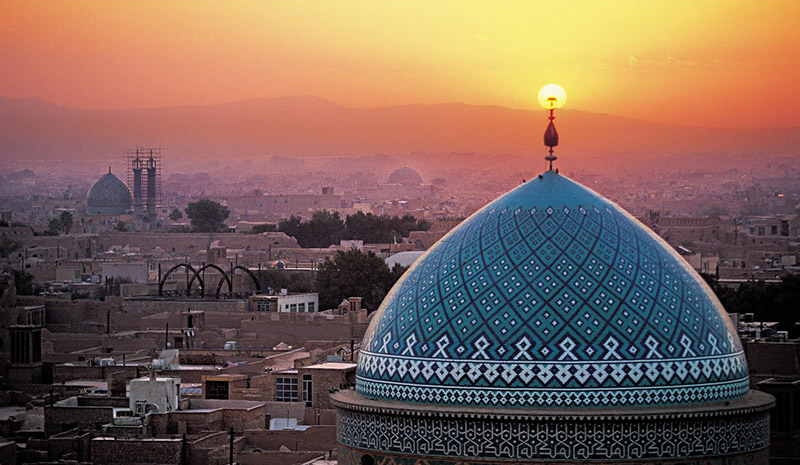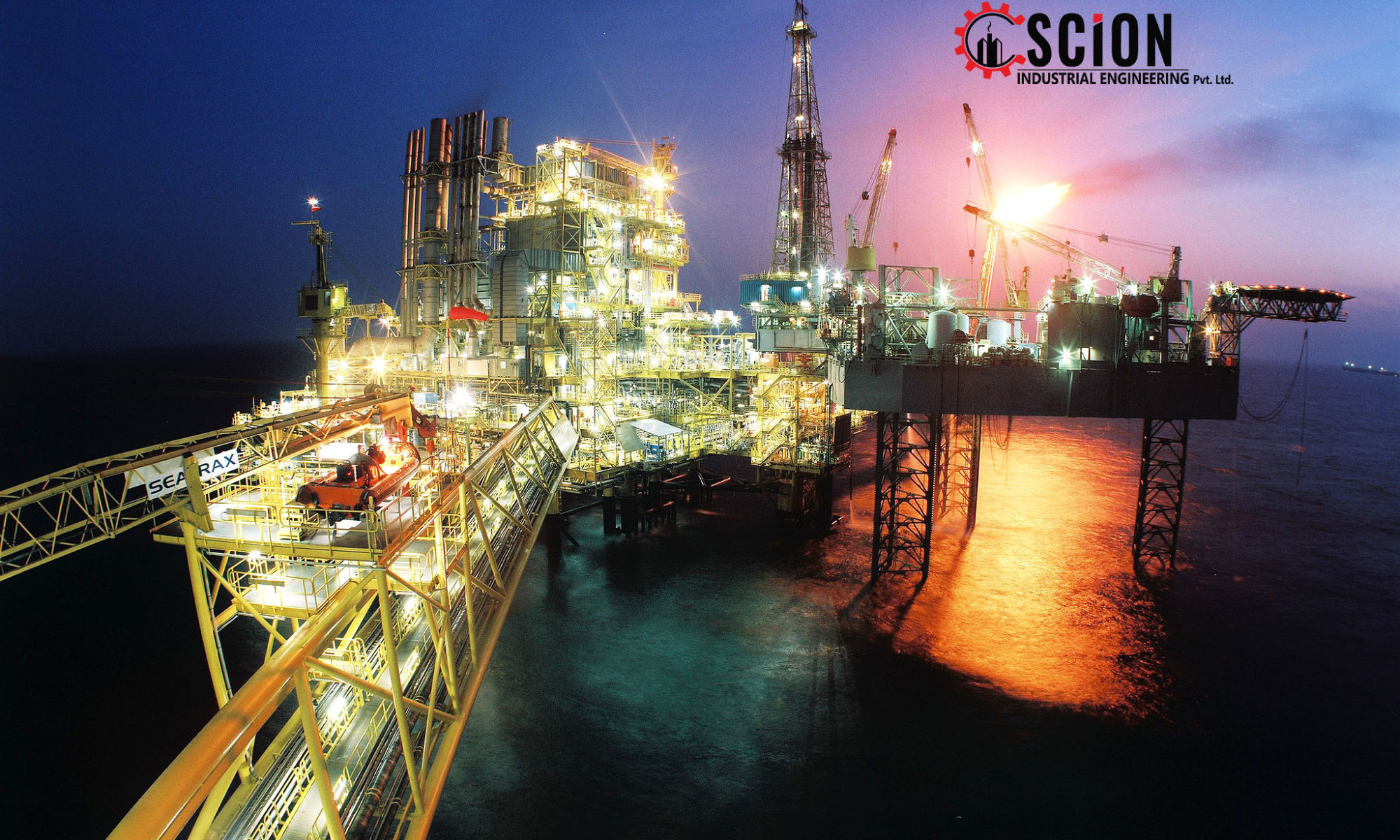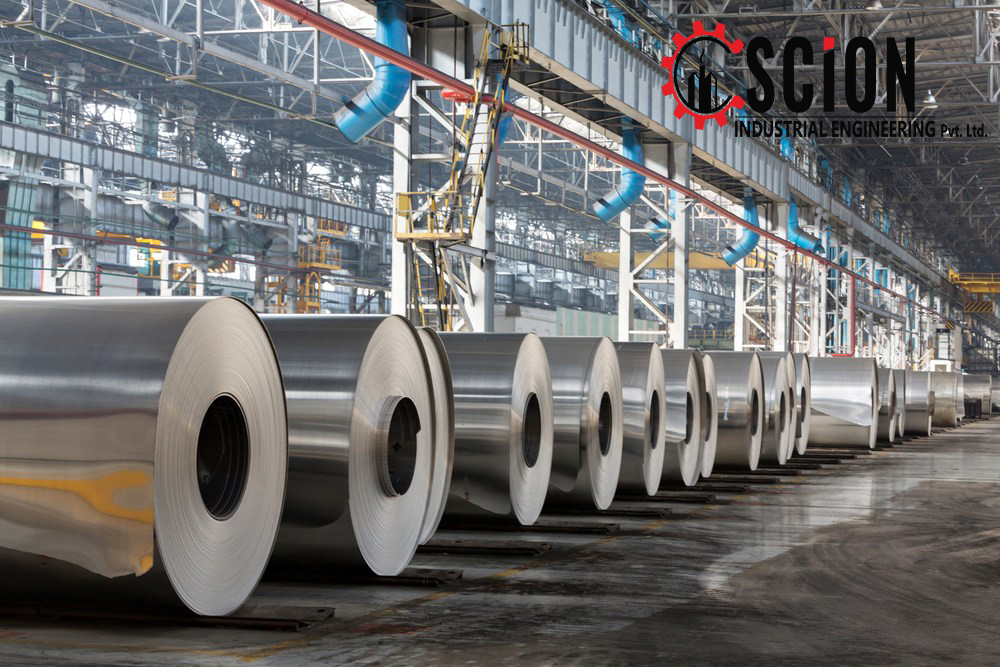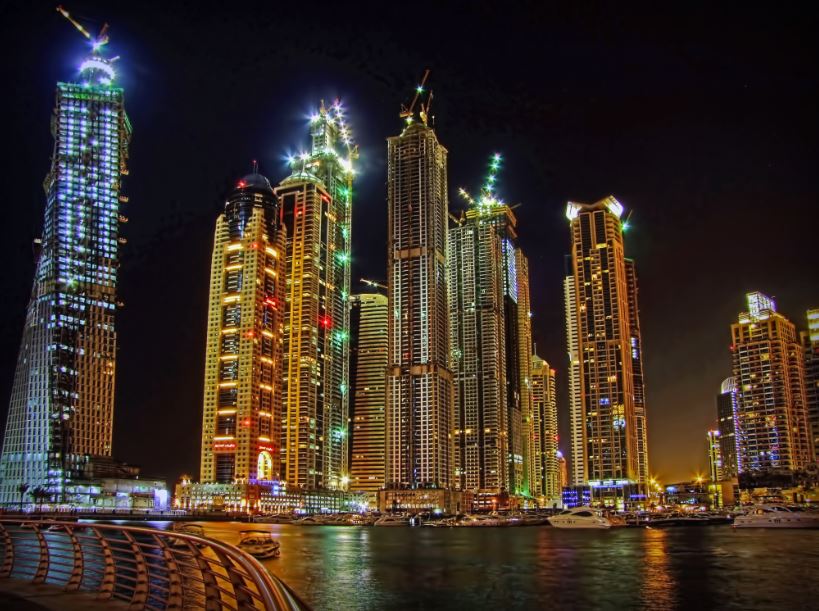The Egyptian government aims to raise industrial investment rates in a
sustainable manner, deepen and localize the industry, grow local supply chains, deepen interactions.
These come within the framework of the state’s plan to increase the economic growth rate to between 7% and 9% to provide job opportunities sufficient to reduce unemployment rates.
In order to achieve this, the government took 20 decisions to stimulate industrial investment, which are:
1- Establishing a unit headed by the Council of Ministers to follow up on licenses, follow up on investors registered in the Ministry of Trade and Industry database (May 2022), and inventory the total unofficial fees that are collected from industrial complexes and for which no law has been issued, which may result in additional financial or procedural burdens.
2- The Minister of Finance issued Resolution No. (212) of 2022 suspending the payment of value-added tax on machinery and equipment imported from abroad for factories and production units for a period of one year from the date of its release (May 2022), and dropping the tax immediately after the start of production, as well as on goods or services that are exported abroad or imported by economic zone projects of a special nature.
3- Reducing the import tax on more than 150 types of production supplies and inputs to stimulate national industry (June 2022).
4- Allocating 1.1 billion pounds in the budget (2022/2023) to complete the facilities of 13 industrial complexes in the governorates, allocating 5 billion pounds to support electricity for industrial sectors, and allocating 3 billion pounds as part of huge financial incentives that were announced to deepen the automotive industry in Egypt, starting from the current fiscal year in particular to encourage the transition to using gas and electricity.
5- The government periodically follows up on the implementation of the 100 measures to stimulate investment in the industrial sector (July 2022), of which 81 measures have been implemented, according to a precise timetable, while the remaining 19 measures are under implementation.
6- Preparing a new system of procedures to facilitate the issuance of licenses for industrial facilities, in accordance with Law 15 of 2017 (July 2022), and according to these procedures, the General Authority for Industrial Development, on behalf of the investor, will coordinate with the relevant authorities to issue all approvals and permits.
7- Suspension of the real estate tax, as of January 1, 2023, for a period of 3 years for 19 industrial sectors, in accordance with Prime Minister’s Resolution No. (61) of 2022 (August 2022), at an expected total cost of about 3.3 billion pounds.
8- Issuing Law No. (153 of 2022) to exceed 65% of late fines or interest and the additional tax on arrears of taxes, customs, and real estate tax, on the condition that the original tax is paid before the end of August 2022, and the remaining 35% that has not been waived is paid no later than 1 March 2023.
9- The issuance of Prime Minister’s Resolution No. (3308 of 2022) regarding procedures for the immediate allocation of industrial lands at fixed prices according to the cost of facilities.
10- The committee formed pursuant to Prime Minister’s Decision No. (2067 of 2022) will collect, study, and take the necessary measures for the immediate allocation of the attached industrial lands to investors after they complete the required documents (September 2022), provided that the disposal of the industrial lands is based on the (ownership-usufruct) system.
11- Launching the Egyptian Industries Development Initiative “Ibdaa” [which translates to start] to support and localize national industries to rely on the local product and reduce imports (October 2022), by enhancing the role of the private sector in localizing many large, medium, small and micro industries, while providing a number of incentives in the form of Land, tax exemptions, etc.
12- 126 high-risk advance industrial licenses were issued during the period (October 2022 – February 2023) by the Industrial Development Authority. As of February 2023, 8 consulting offices were approved to evaluate facilities’ compliance with standards, and the Environmental Affairs Agency issued more than 177 environmental approvals during the period from (October 2022-February 2023), and environmental approval is issued within 7 days.
13- The state’s public treasury bore more than 590 million pounds, the value of the “Green Incentive” as part of the presidential initiative to replace vehicles (November 2022), and more than 24,000 citizens benefited from it until November 2022.
14- Launching the unified digital Egypt Industrial Platform for industrial services and licenses, which witnessed the digitization of 381 services until December 2022 that are provided electronically.
15- The Ministry of Trade and Industry prepared the National Strategy for Industrial Development (2022/2023-2026/2027), which is based on attracting investments to deepen the industry by targeting priority industrial sectors in which Egypt has a manufacturing base, opportunities and competitive advantages.
16- Preparing a list of (152) investment opportunities for industrial products that can be manufactured locally instead of importing them from abroad, based on identifying 131 customs items that can be manufactured locally. These products represent a good opportunity for companies wishing to deepen local manufacturing and reduce dependence on the products. Imported to enhance the productive capabilities of industrial facilities and improve their resources.
17- Approving a package of facilitations and incentives for industrial projects for which lands or industrial units have previously been allocated by the Industrial Development Authority (session No. 226 dated January 25, 2023), the most important of which is granting a period of 6 months to industrial projects within the implementation timetable, whether during the extraction phase.
18- Pricing industrial lands in the Republic and determining the method of dealing with them, whether through ownership or usufruct.
19- Completion of the establishment of 17 industrial complexes with 5,046 factories in 15 governorates. Procedures were also facilitated and these areas were facilitated, and the cost of connecting facilities was paid in installments so that operation could begin immediately.
20- Inventorying 49 committees of all the troubled factories, and working to solve the causes of their failure through financing, participation in marketing work, or other procedures, which led to a number of factories returning to work again, and coordination is being made with the rest of the troubled factories in order to solve their problem, as There is a unit that facilitates the establishment of industrial complexes or factories for the new investor, and facilitates obtaining licenses in light of coordination between various parties in Egypt.
Source:https://www.egypttoday.com/Article/3/127161/Highlight-20-decisions-to-increase-industrial-investment-in-Egypt









